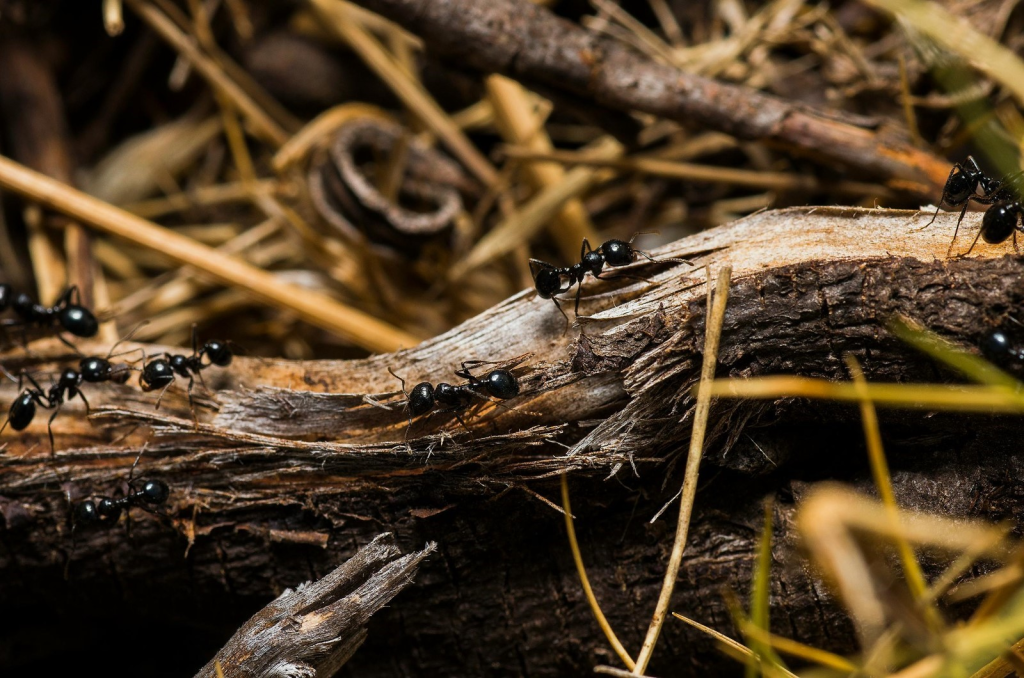Household Pests and How to Get Rid of Them
Slugs & snails
We spend a lot of time in our gardens in terms of upkeep and enjoying the great outdoors. So, when you spend countless hours at the nursery, preparing flower beds, planting, and waiting for your garden to take shape, it can be crushing when snails and slugs attack your beautiful garden.
They can cause havoc all year round, so it’s important to protect your plants with water-resistant and pet safe bait and spray.
Ants
Ants can be extremely destructive and absolutely love timber and will chew on your fences, interior walls, floors etc. which can have a costly and devastating impact.
Getting an inspection yearly can mean that even if they are present hopefully the damage is kept to a minimum.
You can also source materials that are termite resistant (e.g. stainless steel) for fencing, sheds etc. But if you still want wood, look for varieties such as redwood, juniper, and cedar as they aren’t as attractive to ants.
Mice and rats
Rodents are the biggest pests of all because not many of us would put up our hand to catch one ourselves, not to mention how hard they actually are to catch. But let’s look at why they come into your home.
Just like us, rodents love the warmth and dryness of our homes, and they’ll look for safe areas where they can set up their own little homes, such as your ceiling and floors. As they tend to come out for food at night it can take some time for you to realise that they are even there.
It’s definitely worth calling in the professionals for this one but also make sure that you check around your home for any gaps that need to be plugged.
How to repel spiders
If you’ve spotted a spider making itself at home in your home, simply mix lemon with water into an empty spray bottle. Spritz this solution wherever you’ve spotted the spider, and this should help to deter them.
Cockroaches
Although Cockroaches aren’t very common in the UK there are a few different species that can be found here. They are a year-round pest, and you’ll usually find them in your kitchen. They can become more of a problem in autumn and winter as the weather cools, because it’s prime breeding time and as we move inside to eat/ live, they go also inside to where their food supply is.
Minimising their access to food is really important, so make sure that you’re not leaving food out, clean up your crumbs, use containers, ensure your bin is tightly sealed and that you’re not keeping food near the floor.
You can use sprays and insecticides but that will only get the ones that you can see. A trained pest controller will be able to look for where the eggs are hatching and try to nip the problem in the bud.
Credit: Andrea Philips, from Airtasker‘s Lifestyle Editorial Team



